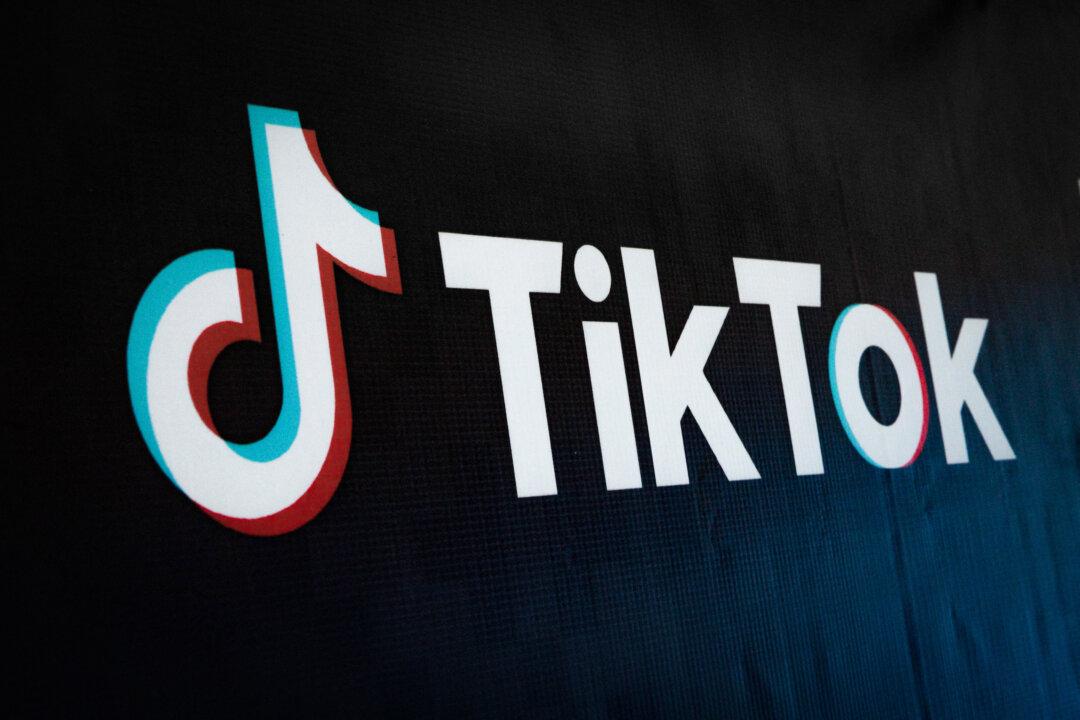The House will hold a vote this week on a bill that would make the social media app TikTok free from the influence of the Chinese Communist Party (CCP), as two U.S. organizations urge Representatives to vote yes on the legislation.
The House vote is scheduled to take place as early as Wednesday and will require a two-thirds majority to pass, as the bill is being considered under an expedited process known as suspension of the rules. The bill, titled the Protecting Americans from Foreign Adversary Controlled Applications Act (H.R.7521), advanced from the House Committee on Energy and Commerce after receiving a unanimous vote on March 7.






